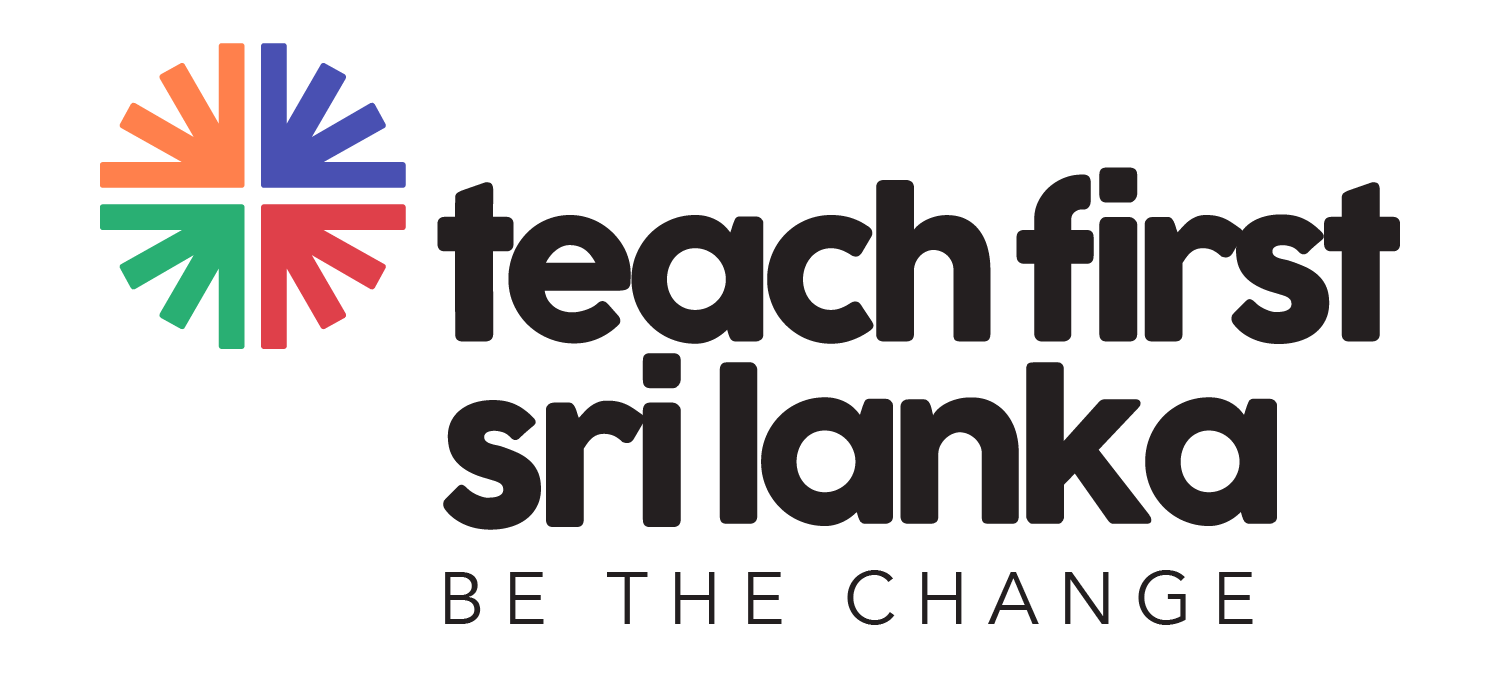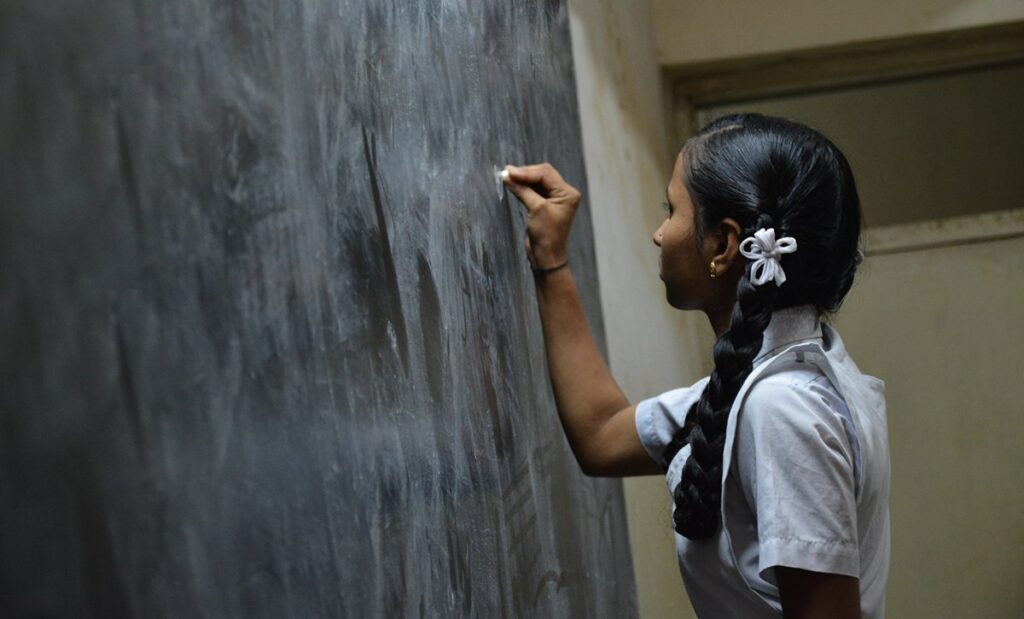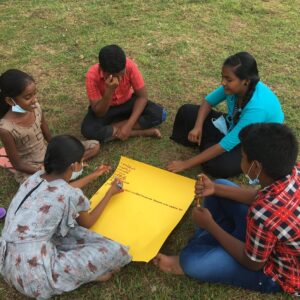PERSONAL: Education should enable young people to engage with the world within themselves as well as the world around them. There is a deep correlation between our experience of the world around us and how we feel. All individuals have unique strengths and weaknesses, outlooks and personalities. Students have their own aptitudes, dispositions and different ways of understanding things. Education, therefore, is deeply personal. It’s about cultivating hearts and minds, engaging with students as individuals is at the very core of raising achievement.
CULTURAL: Schools should enable students to understand their own cultures and to respect the diversity of others. There are various definitions of culture, but in essence it’s “the values and accepted behaviours that characterize different social groups.” Education is one way communities pass on their values from one generation to the next. As the world becomes more interconnected, it’s also becoming more complex culturally. Living respectfully with diversity is not just an ethical choice, it is a practical imperative.
ECONOMIC: Education should enable students to become economically independent. That’s why governments take such a keen interest in education – an educated workforce is essential to creating economic prosperity. Leaders of the Industrial Revolution knew education was critical to creating the workforce they required. The world of work has changed so profoundly since the early 20th century and continues to do so at an accelerating rate. Many jobs from previous decades are disappearing and being replaced by technology-enabled solutions.
How can schools prepare students to navigate this changing economic landscape? They must connect students with their unique creative talents and interests, remove the division between academic and vocational programs, and foster practical partnerships between schools and potential employers. Young people must experience working environments as part of their education, not simply when it is time for them to enter the job market.
SOCIAL: Education should enable young people to become active and compassionate citizens. We live in densely woven social systems. The benefits we derive from them depend on our working together to sustain them. The empowerment of individuals must be balanced by practicing the values and responsibilities of the collective good, and of democracy in particular. Freedoms in democratic societies are not automatic. For a democratic society to function, the majority of its people must be actively engaged with the process. Schools should engage students in becoming active, and proactive, democratic participants.




